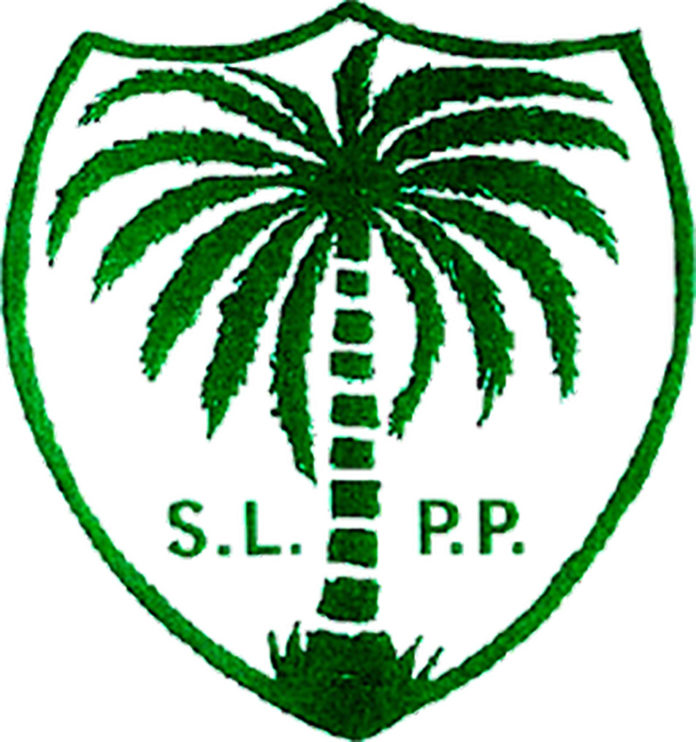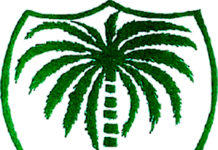

Empowering Sierra Leone Women: 25 Questions on Analyzing Progress in Gender Equality and Women’s Empowerment
By the Sierra Leone Live Team
We are pleased to present a series of 25 questions focused on assessing the progress made in empowering women and achieving gender equality within the framework of the New Direction 2018 Manifesto. These questions aim to delve into various aspects of women’s empowerment, including education, entrepreneurship, agriculture, energy access, political participation, and implementing gender laws and policies.
By examining these questions, we can gain insight into the extent to which the SLPP fulfilled the commitments outlined in the manifesto. It is important to assess the accomplishments and challenges faced during the specified period, ensuring transparency and accountability in pursuing gender equality and women’s empowerment.
- Were training and educational opportunities provided for women as outlined in the manifesto?
- Was a Women’s Development Fund established to support female entrepreneurs?
- Were women in agriculture directly supported for large-scale farming and agro-processing activities, as mentioned in the manifesto?
- Was market information provided to women in agriculture about local and export markets facilitating the exporting of farm products?
- Were improved facilities for fish processing and poultry processing provided to promote women in agriculture?
- Was female access to land and other strategic resources promoted, as stated in the manifesto?
- Was female access to modern energy enhanced through investments in rural electrification, clean cooking fuel, and household energy needs?
- Were amendments made to procurement laws to give preferential treatment to female contractors?
- Was support provided for women-led organizations in rural areas to take part in economic and political activities?
- Was free education provided to women pursuing sciences, engineering, and medical disciplines at the university?
- Was a National Commission for Gender Affairs established to develop, coordinate, monitor, and support the implementation of gender laws and policies?
- Was expertise in gender improved through supporting training programs for gender in institutions?
- Were national and international instruments to support women’s empowerment domesticated and implemented?
- Was the 1991 Constitution of Sierra Leone amended to increase the chances of women taking part in politics?
- Were all political parties mandated to enact gender policies specifying a threshold for women in executive positions, local councils, and parliamentary positions?
- Was the minimum 30% Quota Bill reviewed and enacted to create the chance for women to hold 30% of positions in elective and appointive positions?
- Were training and funding provided for female candidates for public elections?
- Was gender equality promoted as a mainstream intervention or a stand-alone initiative?
- Were gender laws and policies monitored and supported by the National Commission for Gender Affairs?
- Were women in agriculture provided with support for large-scale farming and agro-processing activities?
- Were market information and facilitation for the exporting of farm products provided to women in agriculture?
- Were improved facilities for fish processing and poultry processing provided to promote women’s participation in these sectors?
- Was female access to land and other strategic resources promoted?
- Was female access to modern energy enhanced through investments in rural electrification, clean cooking fuel, and household energy needs?
- Was preferential treatment given to female contractors through amendments to procurement laws?
Your participation in providing answers to these questions will contribute to a comprehensive understanding of the progress made in empowering women. Your insights and perspectives are valuable in evaluating the impact of policies and initiatives on the lives of women across Sierra Leone.
Thank you for taking the time to engage with these questions and sharing your knowledge and experiences. Together, let us foster a society where gender equality is realized, women are empowered, and their rights are protected.
Take the Survey
https://sierraleonelive.com/survey/79b4c6cb-1a8e-41f2-ba0c-7c25e3493efe/



